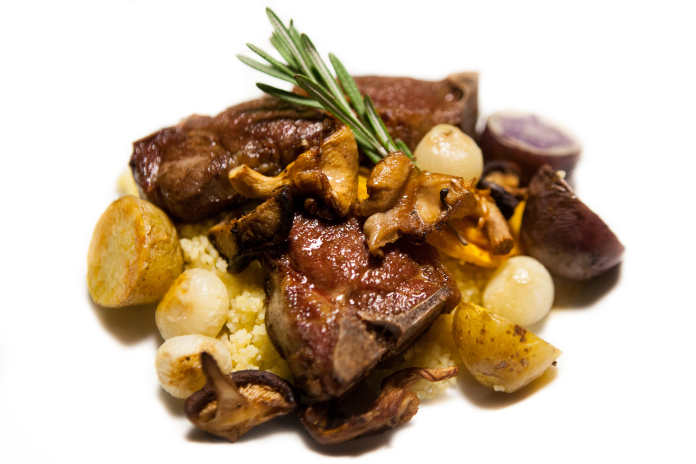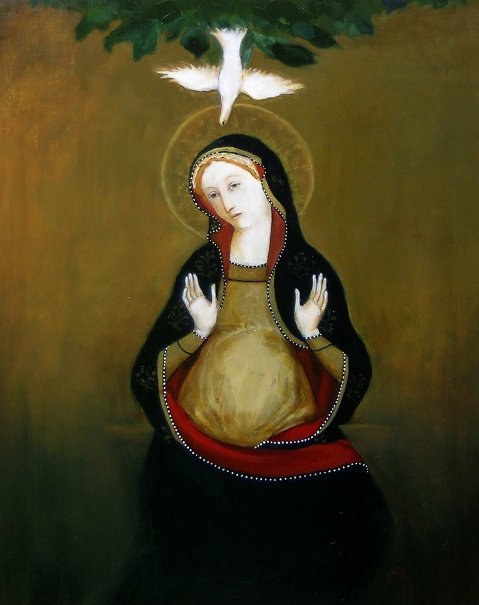Here's an enterprising way to draw people into the liturgy...and to prepare for Advent:

This from Jesson Mata, recently appointed Director of Office of Divine Worship for Archbishop Sample in the Archdioces of Portland, Oregon. He is also the Archbishop's Master of Ceremonies. He has done a blog posting on how to cook a dish - 'lamb with earthy vegetables'. At one level this is a simple cooking demonstration but he connects it with the liturgical season of Advent and offers it in anticipation of the coming season. This highlights the point that feasts and fasts are not just religious observances or names given to the liturgical celebration but are about eating (or not as the case may be).
There can be a tendency to think of the Lamb's supper, in the Mass, as a symbolic replication of conventional meals, but in fact it is the other way around. Formal meals are quasi-liturgical activities that are derived from and point to the holy banquet.
Similarly, the choice of vegetables reflects the earthly season, which points us to the seasons of sacred time. It is sacred time that is the model for earthly time, and not the other way around. He also gives it a Oregonian connection by making use of locally grown produce.
Anyway, here is the posting, complete with the video of Jessen in his kitchen...
My only criticism would be the same one I have of all haute cuisine - the size of the helping. If I was presented with a meal like this I could probably eat about 10 of them and still be hungry. Then again, I am a bit of a Philistine when it comes to food and tend to see quantity and quality as the same thing!
Jesson also chooses a very interesting modern image of Our Lady - it has a hazy, gothic feel to it which I think works very well. I didn't recognize it so asked Jesson about it and he referrred me to this link here. The artist is Kay Eneim and it was painted in 2007. As she explains its is 'copied' from a 14th painting by Spanish gothic master, Pere Serra. She explains her reasons for focussing just on Our Lady (the original has many saints surrounding her). It is to her credit that she did not seek to do something wholly original (as someone working in the modern idiom might) This selective copying, changing only what is necessary to make it accessible to the modern eye, is how artists should approach the reestablishment of these traditions today as living traditions.


